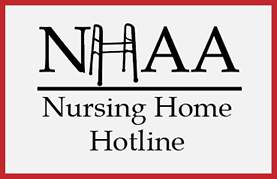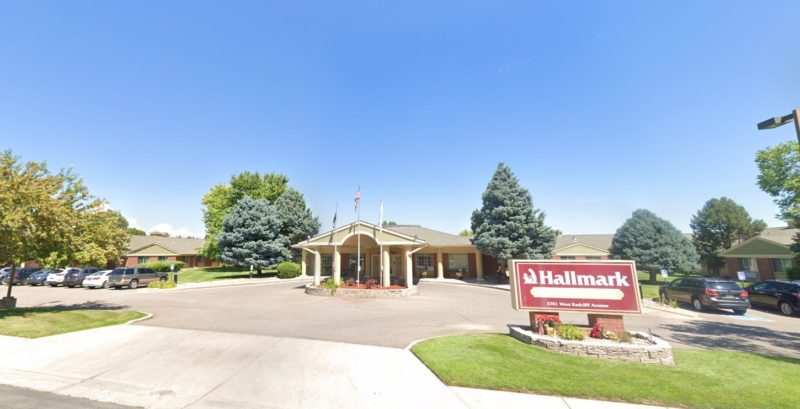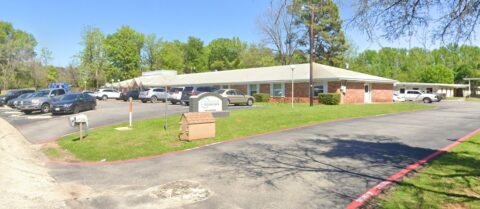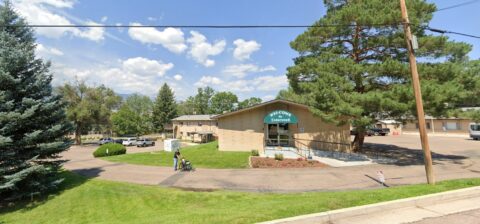State Findings:
Based on interviews, observations and record review, the facility failed to ensure two (#42 and #20) of three residents reviewed for activities of daily living of 40 sample residents were provided the necessary care and services to maintain or improve their level of functioning.
Specifically, the facility failed to:
-Ensure that Resident #42 received incontinence care timely; and,
-Ensure that Resident #42 and #20 received repositioning timely
Nursing home patients have a pressure ulcer prevalence of 11% and are most likely to develop pressure ulcer over the sacrum or heels. Nursing home patients were also found to have contractures at a prevalence of 55%. Contractures are caused by decreased elasticity of the tissue surrounding major joints, and the resulting lack of full mobility in the affected extremities significantly the risk of pressure ulcer formation.
On 10/13/22, during a continuous observation, beginning at 8:30 a.m. and ended at 1:25 p.m. Resident #42 was observed sitting in the day room, in front of the television, in a Broda chair.
-At 8:48 a.m. the resident was observed eating breakfast in the day room.
-At 9:10 a.m. Resident #42 remained in the day room, in the Broda chair.
-At 9:34 a.m. licensed practical nurse (LPN) #2 and LPN #5 took Resident #42 to his room and helped him to bed by standing the resident and doing a pivot transfer. They placed a pillow behind his head and positioned him supine (lying on his back, facing upward). Certified nurse aide (CNA) #4 came into the resident’s room, put his oxygen on, lowered the bed and raised the head of the bed to a 45 degree angle.
-At 9:45 a.m. CNA#4 brought the resident a blanket and put it on him.
-At 10:08 a.m. the Resident #42 remained in the same position.
-At 11:05 a.m. LPN #5 checked to ensure dressing was on his pressure ulcer. She did not check the
resident’s incontinence brief or offer to reposition the resident.
-At 11:18 a.m. hospice agency staff went in but left quickly because the resident was asleep. The hospice agency staff did not provide the resident care.
-At 12:14 p.m. Resident #42 remained in the same position.
-At 12:22 p.m. CNA #4 closed the resident’s door. She did not enter the resident’s room. -At 12:34 p.m. LPN #5 entered the resident’s room and gave the resident his medication. She did not offer or
provide repositioning to the resident.
-At 12:35 p.m. CNA #4 brought the resident his lunch tray, set it on the overbed table and assisted him with eating.
-At 12:52 p.m. CNA #4 was finished assisting the resident with his lunch. CNA #4 lowered Resident #42’s bed and kept the resident at a 45 degree angle. CNA #4 did not offer to reposition the resident or provide incontinence care.
-At 1:17 p.m. Resident #42 remained in the same position.
-At 1:25 p.m. CNA #4 entered the resident’s room and provided Resident #42 with incontinence care. CNA #4 said the resident was incontinent of urine and the brief was wet. The soiled brief was observed in a trash bag. The brief was heavy, sopping wet, and the moisture could be felt through the bag with a gloved hand. CNA #4 said she had not provided Resident #42 incontinence care since the resident was transferred to the Broda chair for breakfast.
After providing incontinence care, the resident was positioned back to the supine position.
CNA #4 was interviewed on 10/17/22 at 12:25 p.m. She said residents should be offered incontinence care and repositioning every two hours. She said Resident #42 was incontinent and total assistance with repositioning and incontinence care. She said Resident #42 was not able to communicate that he needed incontinence care.
The director of nursing (DON) was interviewed on 10/17/22 at 7:00 p.m. She said that residents that needed assistance with incontinence care need to be checked and changed every two to three hours. She said that residents who were at high risk for developing pressure ulcers and required total assistance with repositioning should be repositioned or offerred repositioning every two to three hours.
During a continuous observation on 10/12/22, beginning at 9:25 a.m. and ended at 2:30 p.m., Resident #20 was observed eating breakfast using her right hand. Resident was positioned on her back with bilateral legs tipped to the right side.
-At 10:10 a.m. an unidentified certified nursing assistant (CNA) was observed taking blood pressure on the resident’s left arm. Resident #20 remained on her back in the same position.
-At 11:50 a.m. an unidentified staff member was observed delivering the lunch meal tray to the resident.
-At 2:30 p.m. an unidentified CNA entered the resident’s room. She did not offer to reposition the resident. During a continuous observation on 10/13/22, beginning at 9:00 a.m. and ended at 2:00 p.m., Resident #20 was observed eating breakfast in her room. She was lying on the bed, positioned on her back.
-At 1:30 p.m., registered nurse (RN) #2 entered Resident #20’s room to complete a skin assessment. During the skin assessment, unidentified crumbs were observed on linens underneath the resident, pillows were observed placed between the resident’s knees and feet. The resident’s legs were positioned to the right. Pillows were not placed behind the resident’s back.
Prior to the skin assessment at 1:30 p.m., facility staff had not entered Resident #20’s room and offered the resident repositioning in over four hours.
Your Experience Matters
...and we want to hear it.
NHAA is here to assist families, residents, and the community by sounding the alarm on issues like those found above. This nursing home and many others across the country are cited for abuse and neglect.
If you have or had a loved one living in this nursing home or any other nursing home where you suspect any form of abuse or neglect, contact us immediately.
We have helped many already and we can help you and your loved one as well by filing a state complaint, hiring a specialized nursing home attorney or helping you find a more suitable location for your loved one.
You can make a difference, even if your loved one has already passed away.
Please give us a call at 1-800-645-5262 or fill out our form detailing your experience.
Personal Note from NHA-Advocates
NHAA shares with all the families of loved ones who are confined to nursing homes the pain and anguish of putting them in the care of someone else. We expect our loved ones to be treated with dignity and honor in the homes we place them. We cannot emphasize enough to family members of nursing home residents; frequent visits are essential to our loved ones’ well-being and safety.
If you are struggling and upset, click here to understand your options, or contact us through our contact form or call our toll free hot line number: 1-800-645-5262.






